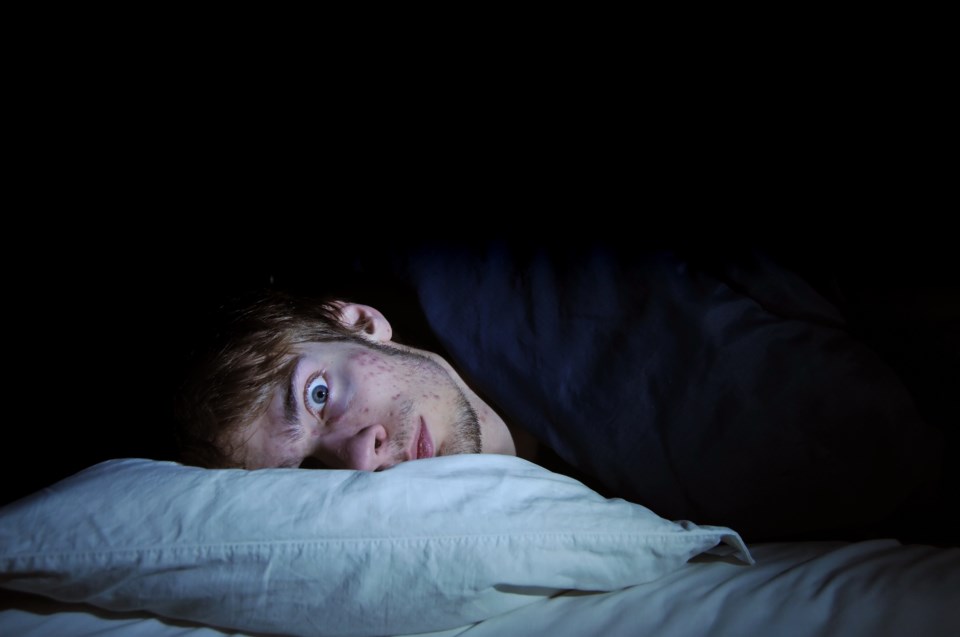A new study in the Canadian Medical Association Journal (CMAJ) has found that people who suffer the effects of stroke have a much greater prevalence of having suffered from sleep disturbances.
The report published Tuesday said the issue has not been studied enough in Canada, but there is sufficient evidence that sleep disturbances could be used as a screening tool during routine medical visits so that family doctors know that their patient might possibly suffer a stroke.
The report is authored by Matthew S. Jeffers, Alison C. Pittman, Tetyana Kendzerska, Dale Corbett, Kathryn S. Hayward and Yue Chen, representing a group of physicians and scientists at the University of Ottawa, the Ottawa Hospital Research Institute and the University of Melbourne in Australia.
The study used data from people aged 18 and older who responded to sleep and chronic disease concerns in the 2017-2018 cycle of the Canadian Community Health Survey (CCHS).
"We measured sleep disturbances by self-reports of having trouble staying awake most or all of the time; either short (< 5 h) or long (> 9 h) nightly sleep duration; having trouble going to or staying asleep most or all of the time; and never, rarely or sometimes having refreshing sleep," said the study.
The CCHS survey included more than 46,000 respondents, with 682 who reported effects of stroke.
A stroke is a serious, life-threatening medical condition that happens when blood flow to the brain is stopped and that in turn threatens normal functions such as balance, walking, speaking and seeing, said the Heart and Stroke Foundation of Canada.
The CMAJ study interpreted the data as follows:
"Self-report of having effects of stroke was associated with increased prevalence of sleep disturbances compared with the general population. Sleep disturbances were reported by a high proportion of respondents with effects of stroke, indicating the importance of screening for related disorders."
The study also said that despite the association between sleep disturbances and stroke, "the prevalence of sleep disturbances among patients with stroke is not well defined". It said the issue is often limited by small study sizes.
"Disturbance of normal sleeping patterns is a commonly reported, but understudied, condition among people who have had a stroke. Sleep disturbances represent both a risk factor for and a consequence of stroke," the study said.
"Our aim was to determine the prevalence of sleep disturbances among people who have or have not had stroke; we hypothesized that the prevalence of sleep disturbances is higher among those who have effects of a stroke compared with the general population," the study said.
In conclusion, the report said almost two-thirds of people in several regions of Canada who reported having had a stroke also reported having had at least one type of sleep disturbance.
"The risk of having co-occurring sleep disturbances was also significantly elevated in this group. Sleep disturbances affect quality of life and are highly prevalent among people who have had a stroke," the study reported.
Based on that, the study added this is something that health care providers need to be aware of.
"Family physicians and stroke specialists could consider screening for sleep disturbances during routine visits, as an addition to the ongoing care of this population."
A full PDF version of the study can be found here.
Len Gillis covers health care and mining for Sudbury.com.
